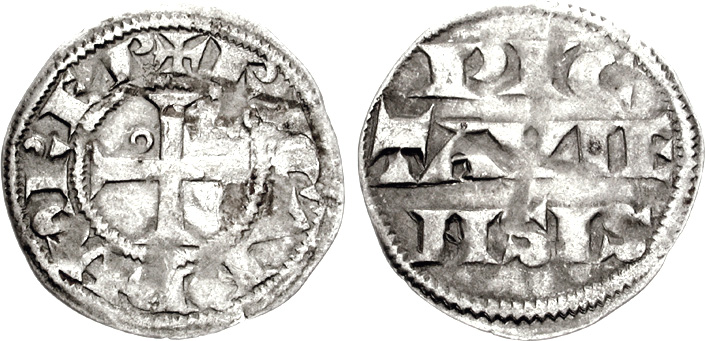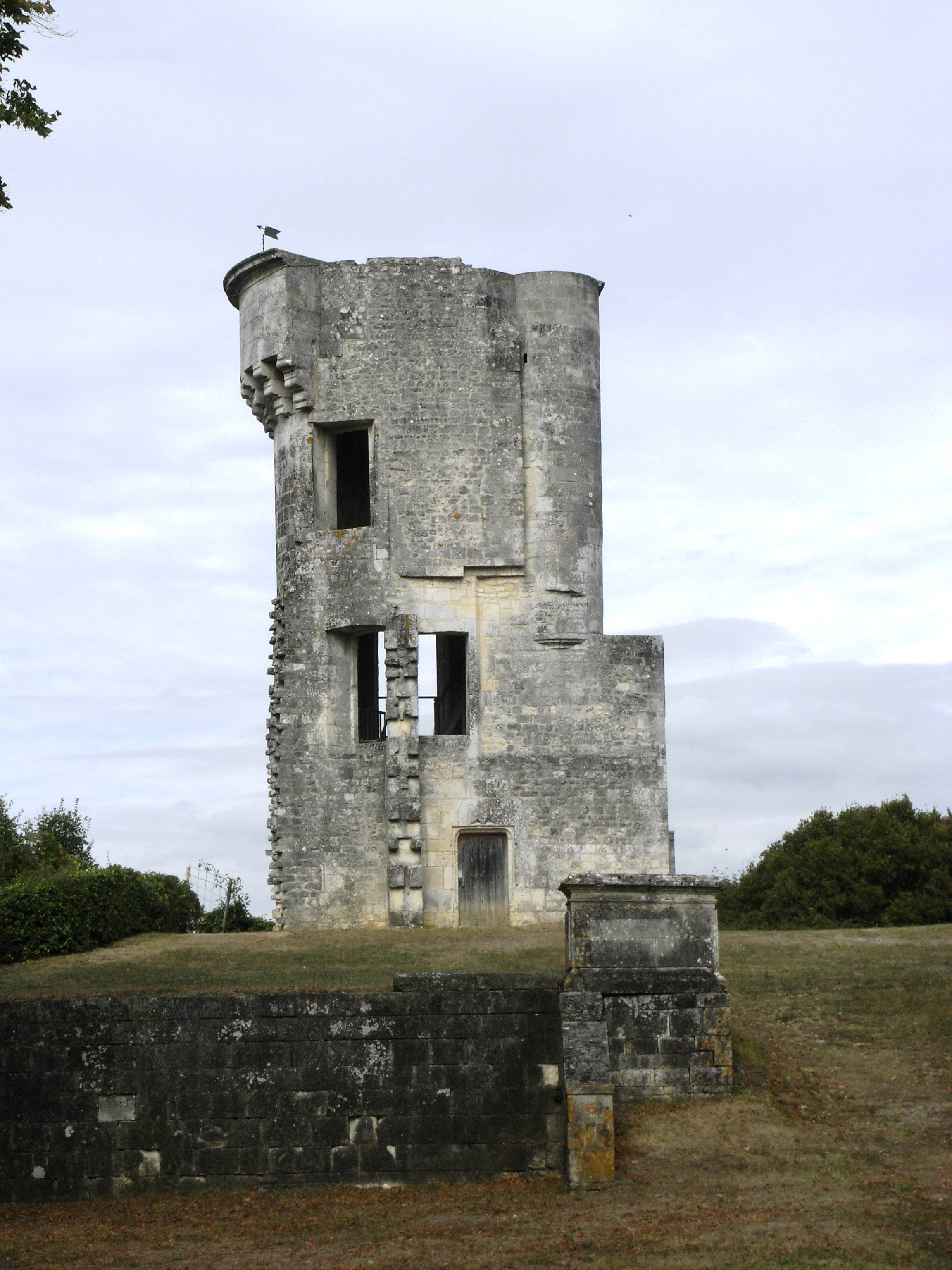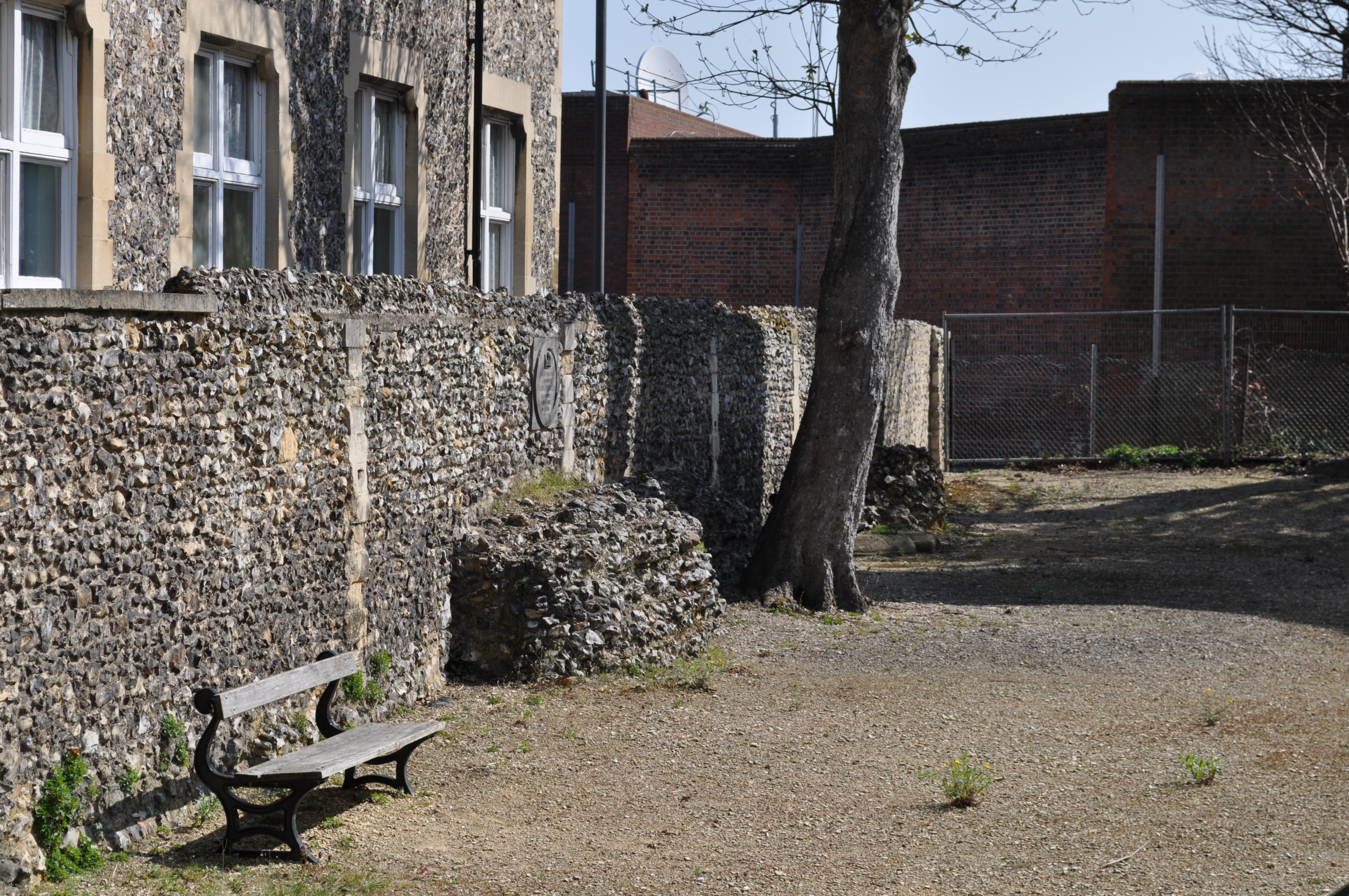|
Count Of Poitiers
Among the people who have borne the title of Count of Poitiers (, ; or ''Poitou'', in what is now France but in the Middle Ages became part of Aquitaine) are: *Bodilon *Saint Warinus, Warinus (638–677), son of Bodilon *Hatton (735-778) Carolingian Counts * (814-828) * *Renaud of Poitiers, Renaud (795–843) *Bernard II, Count of Poitiers, Bernard II (840 - 844) *Emenon or Emeno (828 – 839), brother of Bernard II *Ranulf I of Poitiers, Ranulph I (839–866) *Ranulf II of Poitiers, Ranulph II (866–890),Monarchs, Rulers, Dynasties And Kingdoms Of The World, by R F Tapsell, 1983, Facts On File, Inc., New York, NY, pag211 son of Ranulph I *William I, Duke of Aquitaine *William II, Duke of Aquitaine *Ebalus of Aquitaine, Ebalus (or Ebles Manzer) (890–892) (illegitimate son of Ranulph II)(first reign– 890–893)(second reign– 902–935) *Aymar I of Angoulême, Aymar (892–902) (son of Emenon) *Ebalus of Aquitaine, Ebalus (or Ebl ... [...More Info...] [...Related Items...] OR: [Wikipedia] [Google] [Baidu] |
Count
Count (feminine: countess) is a historical title of nobility in certain European countries, varying in relative status, generally of middling rank in the hierarchy of nobility. Pine, L. G. ''Titles: How the King Became His Majesty''. New York: Barnes & Noble, 1992. p. 73. . Especially in earlier medieval periods the term often implied not only a certain status, but also that the ''count'' had specific responsibilities or offices. The etymologically related English term " county" denoted the territories associated with some countships, but not all. The title of ''count'' is typically not used in England or English-speaking countries, and the term ''earl'' is used instead. A female holder of the title is still referred to as a ''countess'', however. Origin of the term The word ''count'' came into English from the French ', itself from Latin '—in its accusative form ''comitem''. It meant "companion" or "attendant", and as a title it indicated that someone was delegated to ... [...More Info...] [...Related Items...] OR: [Wikipedia] [Google] [Baidu] |
William III Of Aquitaine
William III (913 – 3 April 963), called Towhead (, ) from the colour of his hair, was the "Count of the Duchy of Aquitaine" from 959 and Duke of Aquitaine from 962 to his death. He was also the Count of Poitiers from 935 and Count of Auvergne from 950. The primary sources for his reign are Ademar of Chabannes, Dudo of Saint-Quentin, and William of Jumièges. William was son of Ebalus Manzer and Emilienne. He was born in Poitiers. He claimed the Duchy of Aquitaine from his father's death, but the royal chancery did not recognise his ducal title until the year before his own death. Shortly after the death of King Rudolph in 936, he was constrained to cede some land to Hugh the Great by Louis IV. He did it with grace, but his relationship with Hugh thenceforward deteriorated. In 950, Hugh was reconciled with Louis and granted the duchies of Burgundy and Aquitaine. He tried to conquer Aquitaine with Louis's assistance, but William defeated them. Lothair, Louis's successor ... [...More Info...] [...Related Items...] OR: [Wikipedia] [Google] [Baidu] |
Richard I Of England
Richard I (8 September 1157 – 6 April 1199), known as Richard the Lionheart or Richard Cœur de Lion () because of his reputation as a great military leader and warrior, was King of England from 1189 until his death in 1199. He also ruled as Duke of Normandy, Duke of Aquitaine, Aquitaine, and Duchy of Gascony, Gascony; Lord of Cyprus in the Middle Ages, Cyprus; Count of Poitiers, Counts and dukes of Anjou, Anjou, Count of Maine, Maine, and Count of Nantes, Nantes; and was overlord of Brittany at various times during the same period. He was the third of five sons of Henry II of England and Eleanor of Aquitaine and was therefore not expected to become king, but his two elder brothers predeceased their father. By the age of 16, Richard had taken command of his own army, putting down rebellions in Poitou against his father. Richard was an important Christian commander during the Third Crusade, leading the campaign after the departure of Philip II of France and achieving sev ... [...More Info...] [...Related Items...] OR: [Wikipedia] [Google] [Baidu] |
William IX, Count Of Poitiers
William, Count of Poitiers (17 August 1153 – 1156) was the first son of King Henry II of England and Duchess Eleanor of Aquitaine. William is reported to have died either at the age of 2 in April 1156, or at the age of 3 on 2 December 1156, after suffering a seizure at Wallingford Castle. He was buried in Reading Abbey at the feet of his great-grandfather Henry I. Notes References Sources * * * * * {{DEFAULTSORT:William 09, Count of Poitiers 1153 births 1156 deaths 12th-century English people English heirs apparent who never acceded William Burials at Reading Abbey William William is a masculine given name of Germanic languages, Germanic origin. It became popular in England after the Norman Conquest, Norman conquest in 1066,All Things William"Meaning & Origin of the Name"/ref> and remained so throughout the Middle ... Children of Henry II of England Monarchs who died as children Sons of kings English princes English royalty who died as children ... [...More Info...] [...Related Items...] OR: [Wikipedia] [Google] [Baidu] |
Henry II Of England
Henry II () was King of England The monarchy of the United Kingdom, commonly referred to as the British monarchy, is the form of government used by the United Kingdom by which a hereditary monarch reigns as the head of state, with their powers Constitutional monarchy, regula ... from 1154 until his death in 1189. During his reign he controlled Kingdom of England, England, substantial parts of Wales in the High Middle Ages, Wales and Lordship of Ireland, Ireland, and much of Kingdom of France, France (including Duchy of Normandy, Normandy, County of Anjou, Anjou, and Duchy of Aquitaine, Aquitaine), an area that altogether was later called the Angevin Empire, and also held power over Kingdom of Scotland, Scotland and the Duchy of Brittany. Henry was the eldest son of Geoffrey Plantagenet, Count of Anjou, and Empress Matilda, Matilda, daughter of Henry I of England. By the age of fourteen, he became politically and militarily involved in The Anarchy, his mother's efforts ... [...More Info...] [...Related Items...] OR: [Wikipedia] [Google] [Baidu] |
Louis VII Of France
Louis VII (1120 – 18 September 1180), called the Younger or the Young () to differentiate him from his father Louis VI, was King of France from 1137 to 1180. His first marriage was to Duchess Eleanor of Aquitaine, one of the wealthiest and most powerful women in western Europe. The marriage temporarily extended the Capetian lands to the Pyrenees. Louis was the second son of Louis VI of France and Adelaide of Maurienne, and was initially prepared for a career in the Church. Following the death of his older brother, Philip, in 1131, Louis became heir apparent to the French throne and was crowned as his father's co-ruler. In 1137, he married Eleanor of Aquitaine and shortly thereafter became sole king following his father's death. During his march, as part of the Second Crusade in 1147, Louis stayed at the court of King Géza II of Hungary on the way to Jerusalem. During his stay in the Holy Land, disagreements with Eleanor led to a deterioration in their marriage. She p ... [...More Info...] [...Related Items...] OR: [Wikipedia] [Google] [Baidu] |
Eleanor Of Aquitaine
Eleanor of Aquitaine ( or ; ; , or ; – 1 April 1204) was Duchess of Aquitaine from 1137 to 1204, Queen of France from 1137 to 1152 as the wife of King Louis VII, and Queen of England from 1154 to 1189 as the wife of King Henry II. As the reigning duchess of Aquitaine, she ruled jointly with her husbands and two of her sons, the English kings Richard I and John. As the heiress of the House of Poitiers, which controlled much of southwestern France, she was one of the wealthiest and most powerful women in Western Europe during the High Middle Ages. The eldest child of William X, Duke of Aquitaine, and Aénor de Châtellerault, Eleanor became duchess upon her father's death in 1137. Later that year, she married Louis, son of King Louis VI of France. Shortly afterwards, Eleanor's father-in-law died and her husband became king, making her queen consort. Louis VII and Eleanor had two daughters, Marie and Alix. During the Second Crusade, Eleanor accompanied Louis to t ... [...More Info...] [...Related Items...] OR: [Wikipedia] [Google] [Baidu] |
William X Of Aquitaine
William X (Occitan: ''Guillém X''; 1099 – 9 April 1137), called the Saint, was Duke of Aquitaine, Duke of Gascony, and Count of Poitou (as William VIII) from 1126 to 1137. Early life William was the son of William IX by his second wife Philippa of Toulouse. He was born in Toulouse during the brief period when his parents ruled the capital. His birth is recorded in the '' Chronicle of Saint-Maixent'' for the year 1099: ('a son was born to Count William, named William like himself'). Later that same year, much to Philippa's ire, Duke William IX mortgaged Toulouse to Philippa's cousin, Bertrand of Toulouse, and then left on crusade. William and his mother, Philippa, were left in Poitiers. When his father, William IX returned from his unsuccessful crusade, he took up with Dangerose, the wife of a vassal, and set aside his rightful wife, Philippa. This caused strain between father and son until 1121 when William X married Aénor de Châtellerault, a daughter of his father ... [...More Info...] [...Related Items...] OR: [Wikipedia] [Google] [Baidu] |
William IX Of Aquitaine
William IX ( or , ; 22 October 1071 – 10 February 1126), called the Troubadour, was the Duke of Aquitaine and Gascony and Count of Poitou (as William VII) between 1086 and his death. He was also one of the leaders of the Crusade of 1101. Though his political and military achievements have a certain historical importance, he is best known as the earliest troubadour—a vernacular lyric poet in the Occitan language—by whom some work survives. Ducal career William was the son of William VIII of Aquitaine by his third wife, Hildegarde of Burgundy. His birth was a cause of great celebration at the Aquitanian court, but the Church at first considered him illegitimate because of his father's earlier divorces and his parents' consanguinity. This obliged his father to make a pilgrimage to Rome soon after his birth to seek Papal approval of his third marriage and the young William's legitimacy. Early career, 1088–1102 William inherited the duchy at the age of fifteen upon the dea ... [...More Info...] [...Related Items...] OR: [Wikipedia] [Google] [Baidu] |
William VIII Of Aquitaine
William VIII ( – 25 September 1086), born Guy-Geoffrey (''Gui-Geoffroi''), was duke of Gascony (1052–1086), and then duke of Aquitaine and count of Poitiers (as William VI) between 1058 and 1086, succeeding his brother William VII (Pierre-Guillaume). Life Guy-Geoffroy was the youngest son of William V of Aquitaine by his third wife Agnes of Burgundy. He was the brother-in-law of Henry III, Holy Roman Emperor who had married his sister, Agnes de Poitou. He became Duke of Gascony in 1052 during his older brother William VII's rule. Gascony had come to Aquitanian rule through William V's marriage to Prisca (a.k.a. Brisce) of Gascony, the sister of Duke Sans VI Guilhem of Gascony. William VIII was one of the leaders of the allied army called to help Ramiro I of Aragon in the Siege of Barbastro (1064). This expedition was the first campaign organized by the papacy, namely Pope Alexander II, against a Muslim town and stronghold in the Emirate of Zaragoza, and the precur ... [...More Info...] [...Related Items...] OR: [Wikipedia] [Google] [Baidu] |
William VII Of Aquitaine
William VII (born Peter, ''Pierre-Guillaume'') (1023 – autumn 1058), called the Eagle (''Aigret'') or the Bold (''le Hardi''), was the duke of Aquitaine and count of Poitou (as William V) between 1039 and his death, following his half-brother Odo. William was the third son of William V of Aquitaine, the eldest by his third wife, Agnes of Burgundy. He was brother-in-law of the Holy Roman Emperor Henry III, who married his sister Agnes. His mother remarried to Geoffrey Martel, Count of Anjou, during his reign. William won his patrimony in a war with his half-brother Odo, who was killed in battle at Mauzé. He did not, however, succeed in occupying Gascony. Geoffrey Martel refused to concede to him the territories gained in the reigns of his predecessors. William set to work regaining his patrimony by force of arms. He was besieging Geoffrey in Saumur when he died of dysentery Dysentery ( , ), historically known as the bloody flux, is a type of gastroenteritis that res ... [...More Info...] [...Related Items...] OR: [Wikipedia] [Google] [Baidu] |
Odo Of Gascony
Odo ( or ''Odon'', ; c. 1010 – 10 March 1039/1040) was Duke of Gascony from 1032 and then Duke of Aquitaine and Count of Poitou from 1038. He was a member of the House of Poitiers, the second son of William V of Aquitaine, the eldest by his second wife Brisca, daughter of William II of Gascony. The ''Chronicle of Saint-Maixent'' and Adhemar of Chabannes are the chief sources for his reign. He was subscribing donation charters to Saint-Cyprien, Dordogne, Saint-Cyprien with his father and mother and his brother Theobald, who died young, before 1018. He inherited Gascony in 1032 after the death of his uncle Sancho VI of Gascony, Sancho VI. In 1033, Odo took possession of the County of Bordeaux, traditional seat of the Gascon dukes. At the death of his half-brother William VI of Aquitaine, William VI in 1038, he succeeded as Duke of Aquitaine and Count of Poitou. However, he was killed while asserting his rights in Poitou against his stepmother Agnes and his half-brother Willia ... [...More Info...] [...Related Items...] OR: [Wikipedia] [Google] [Baidu] |






